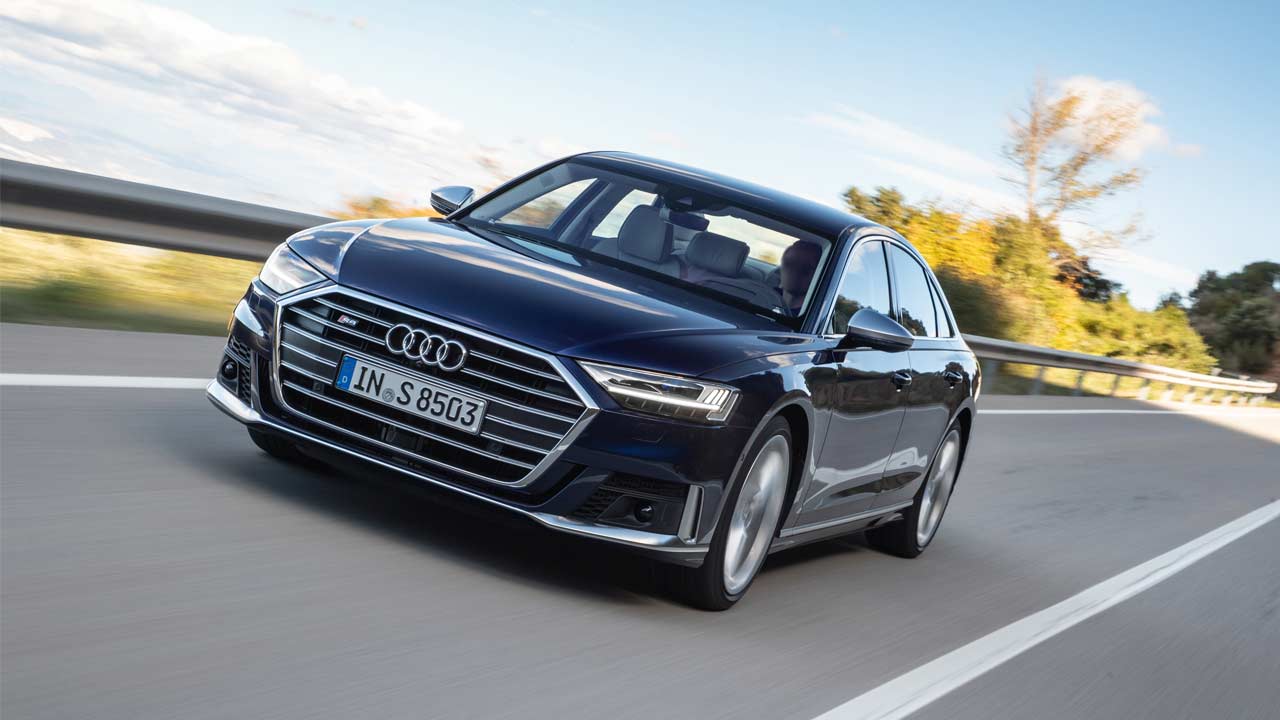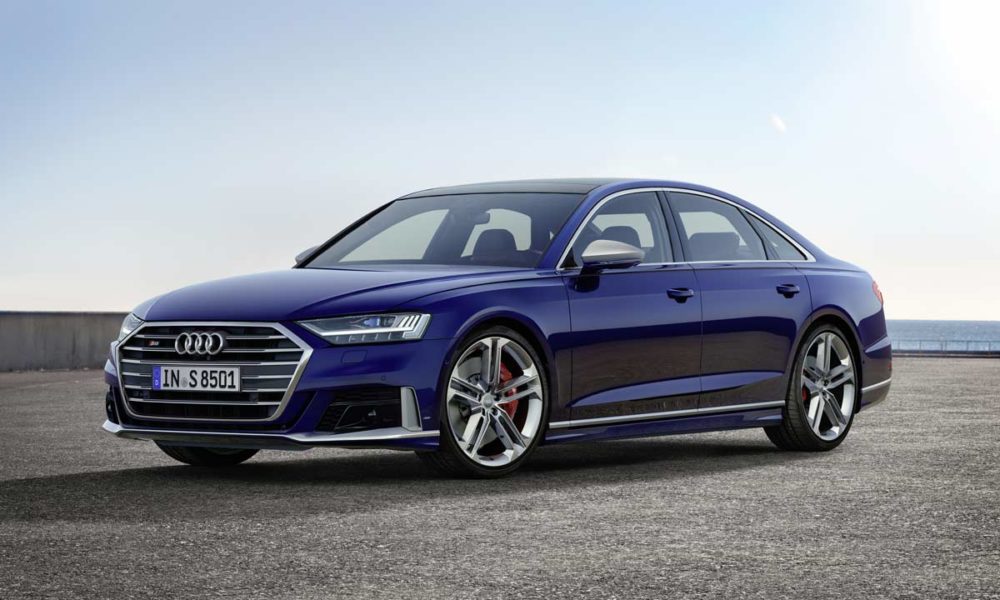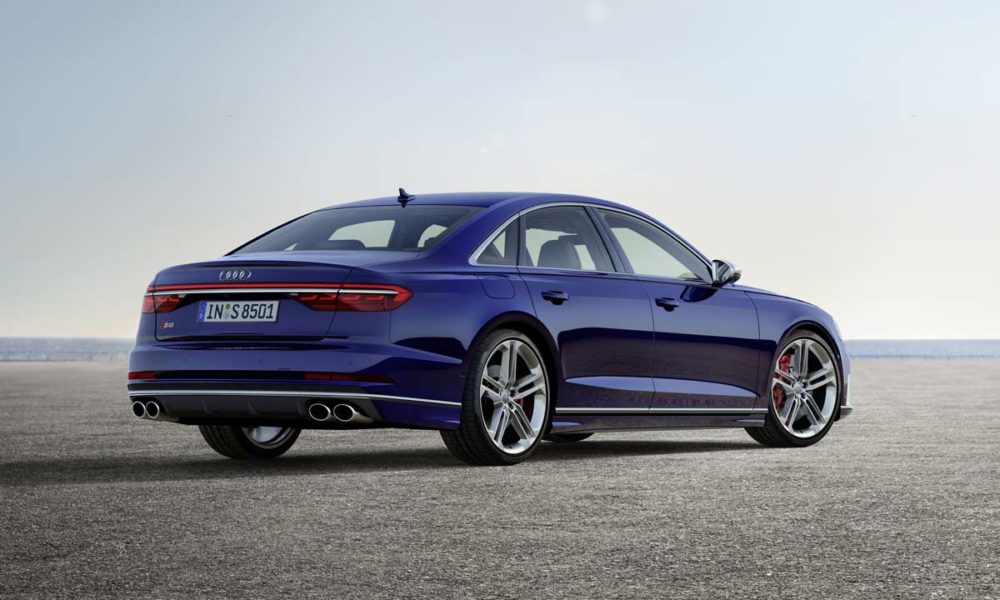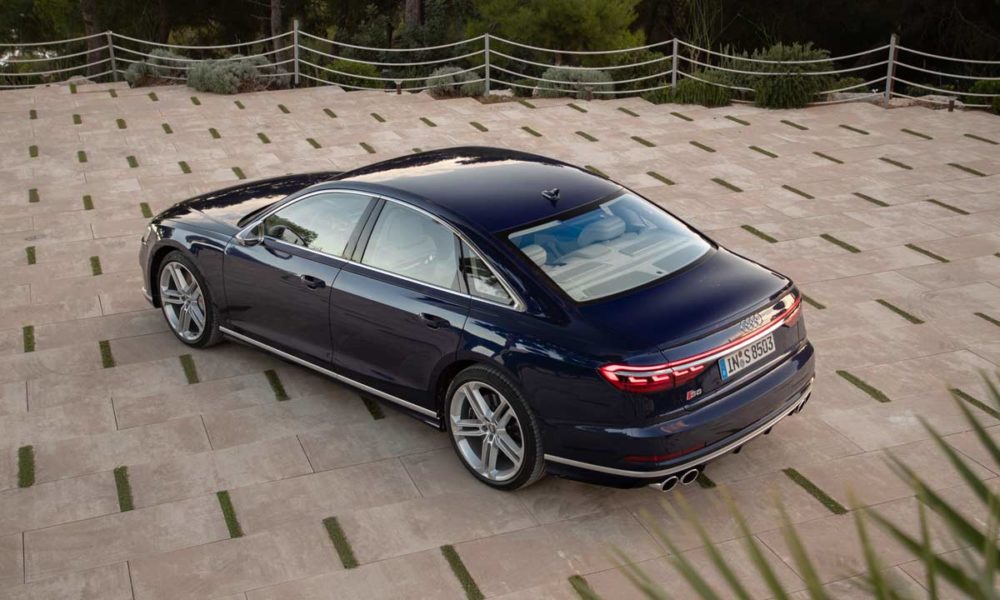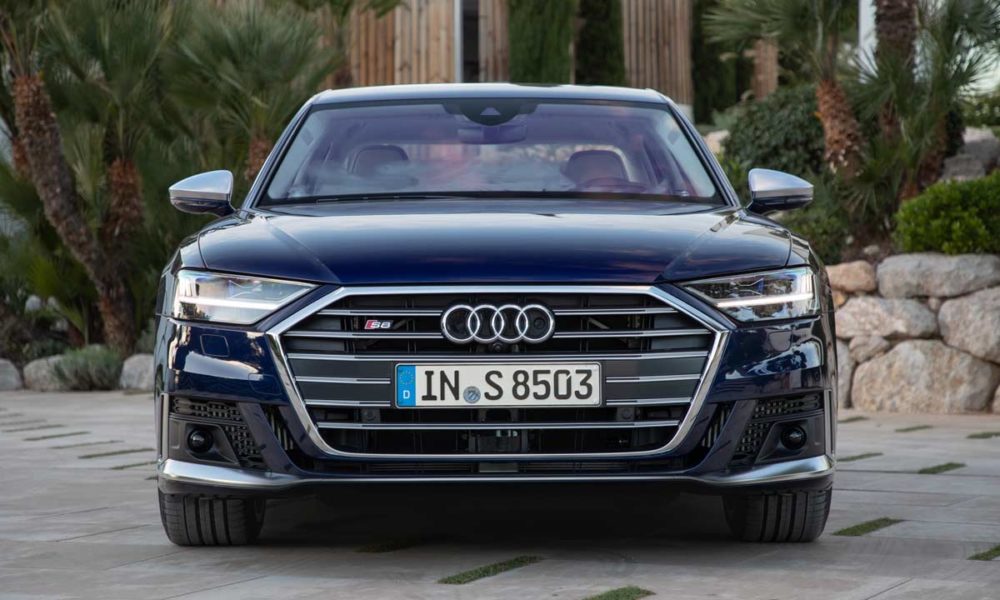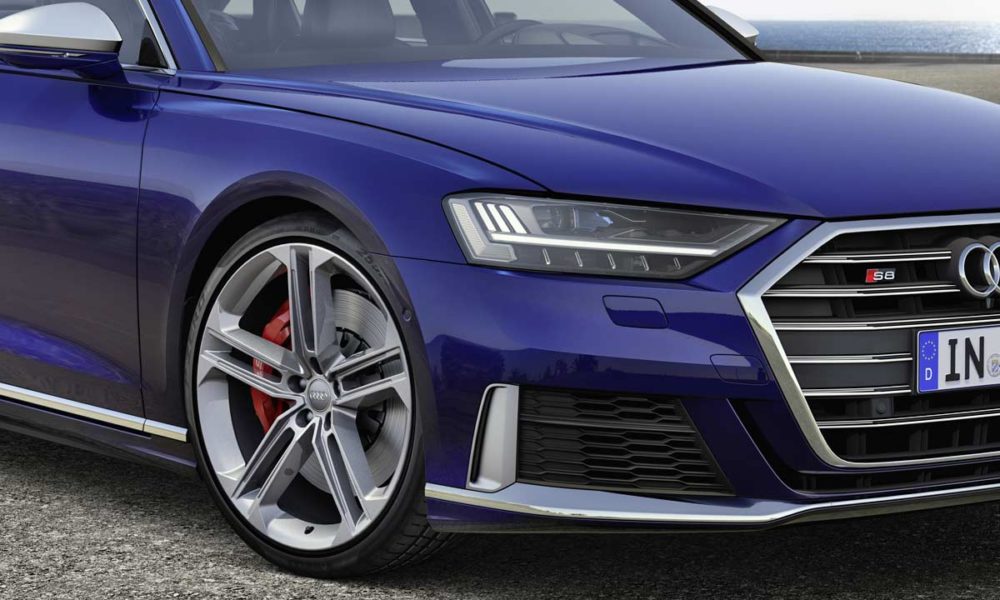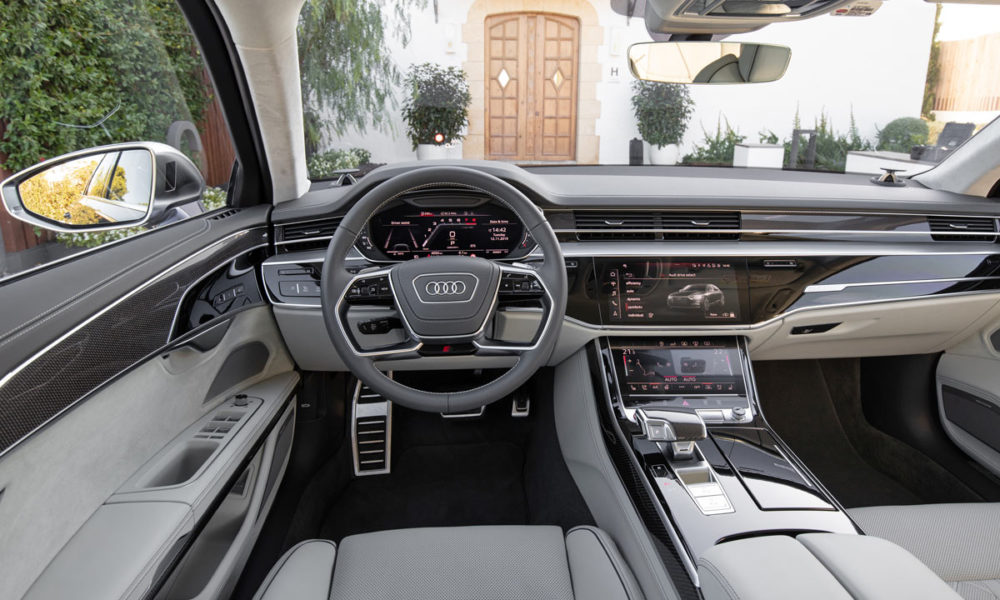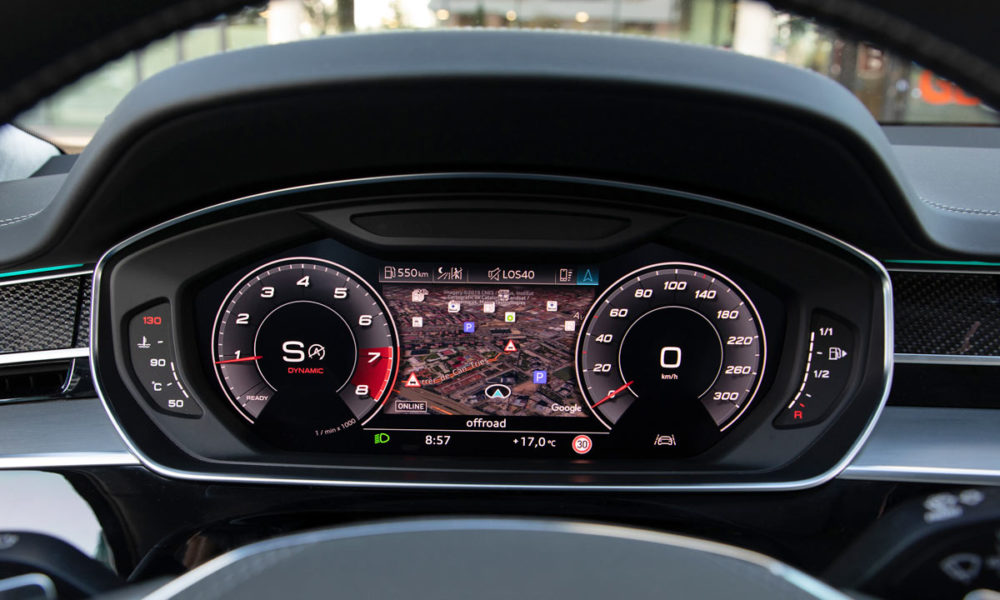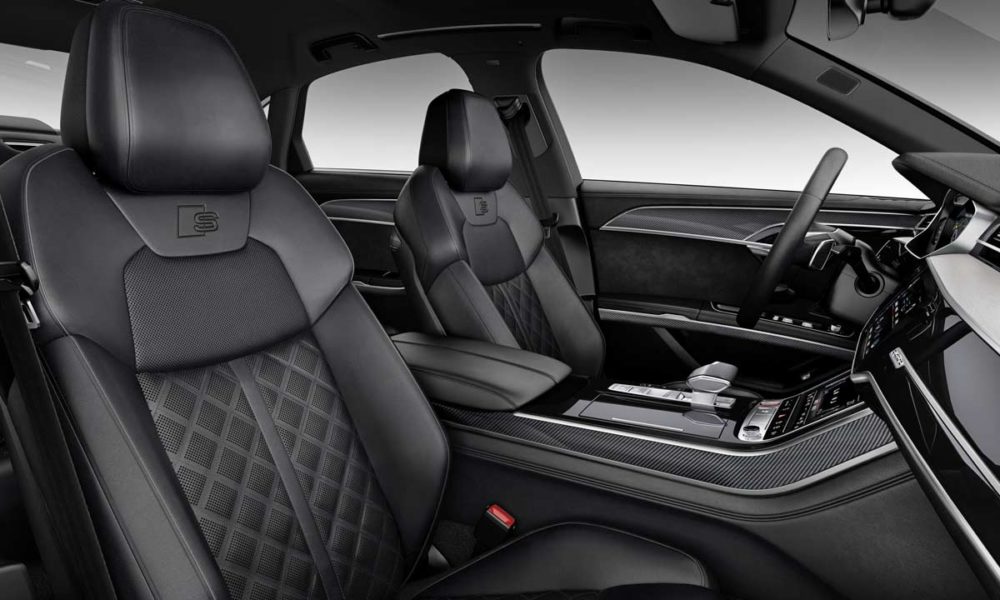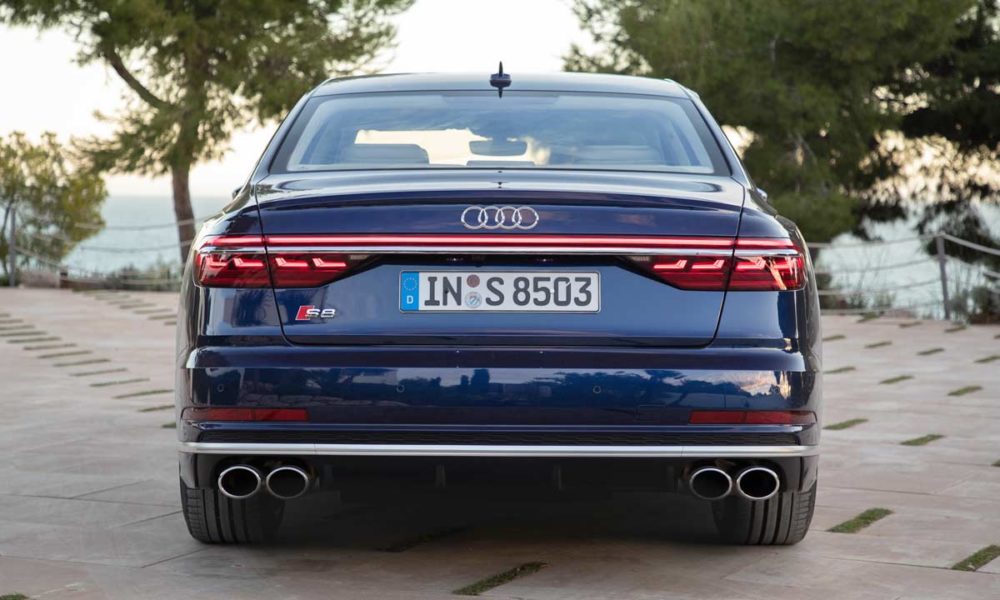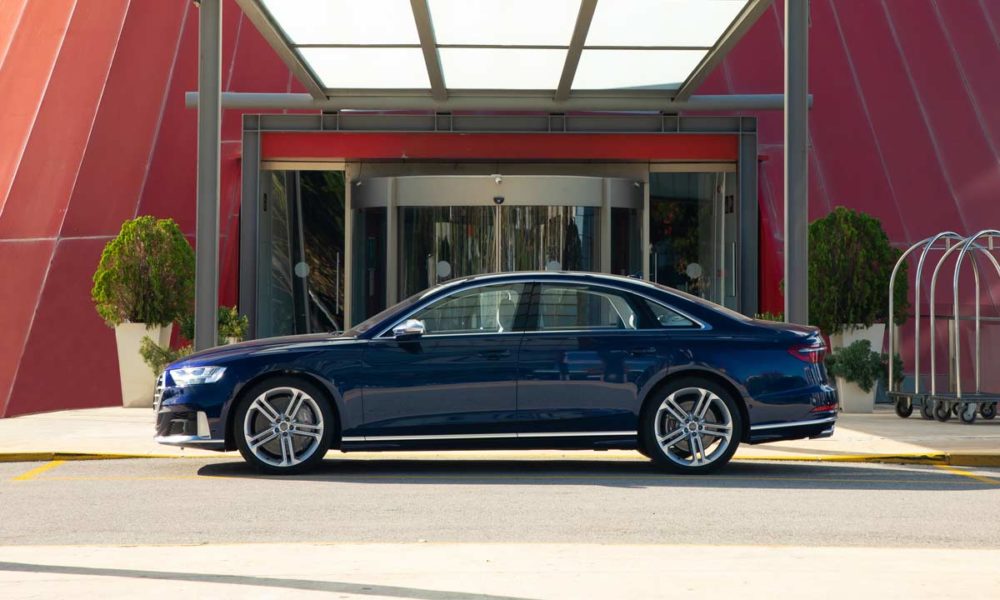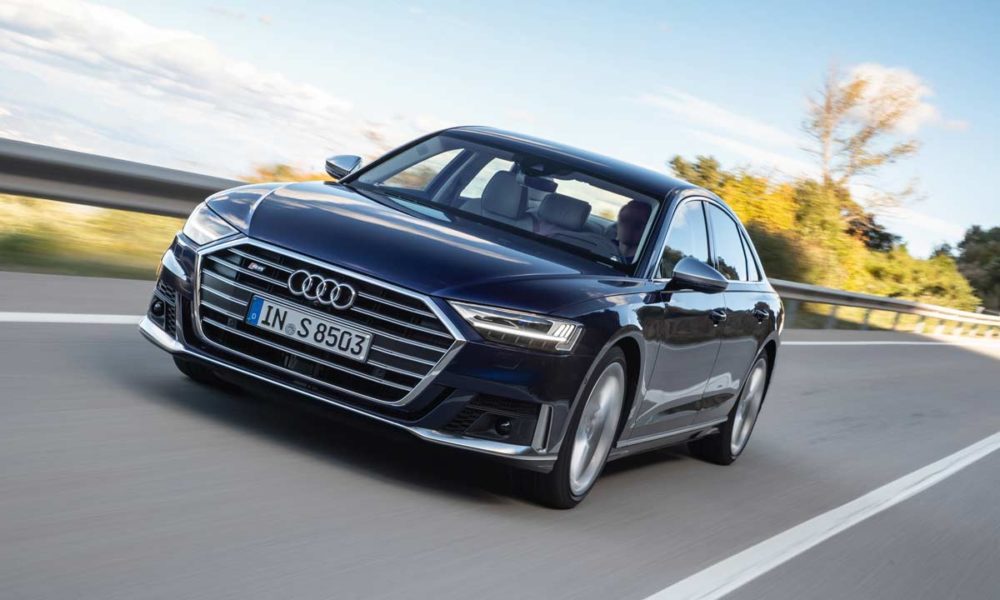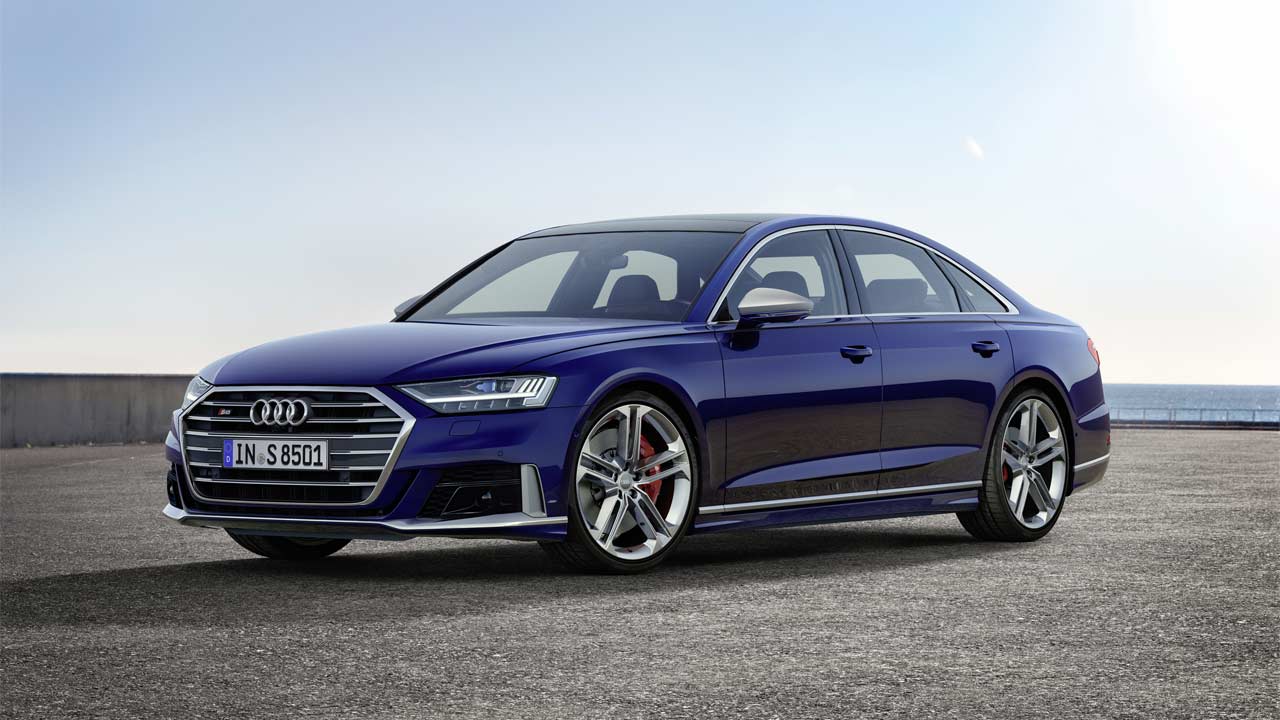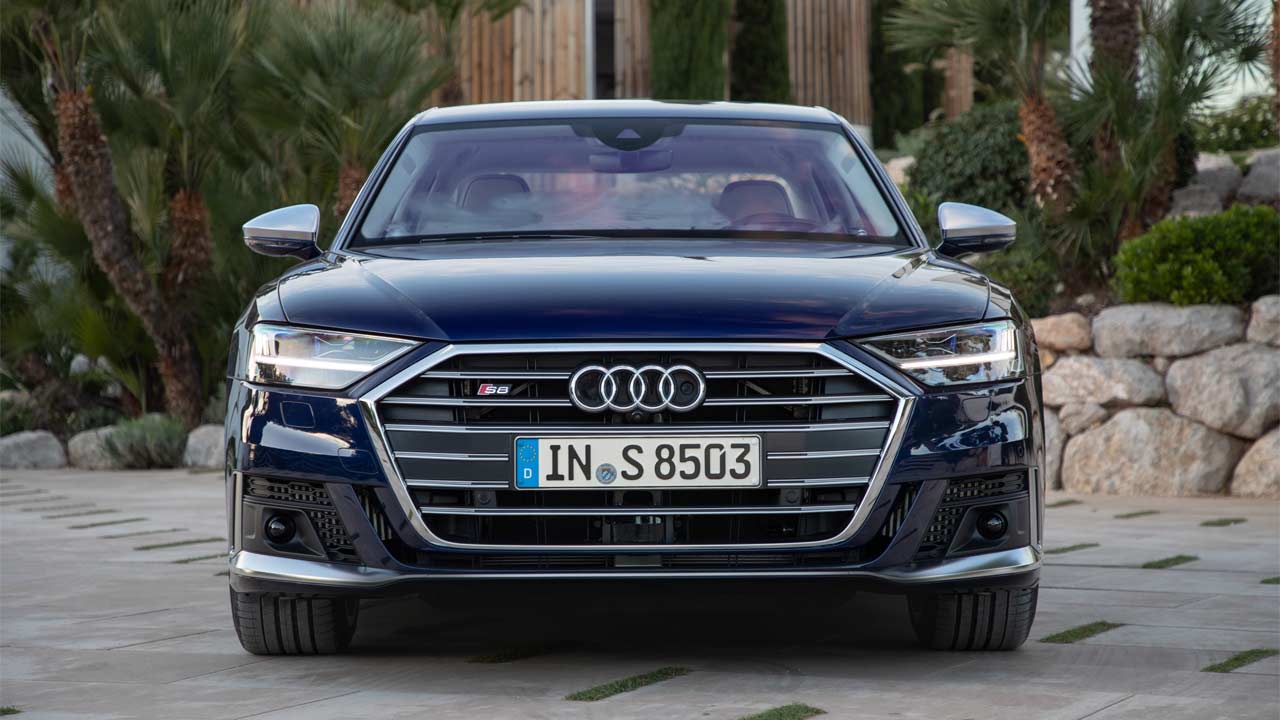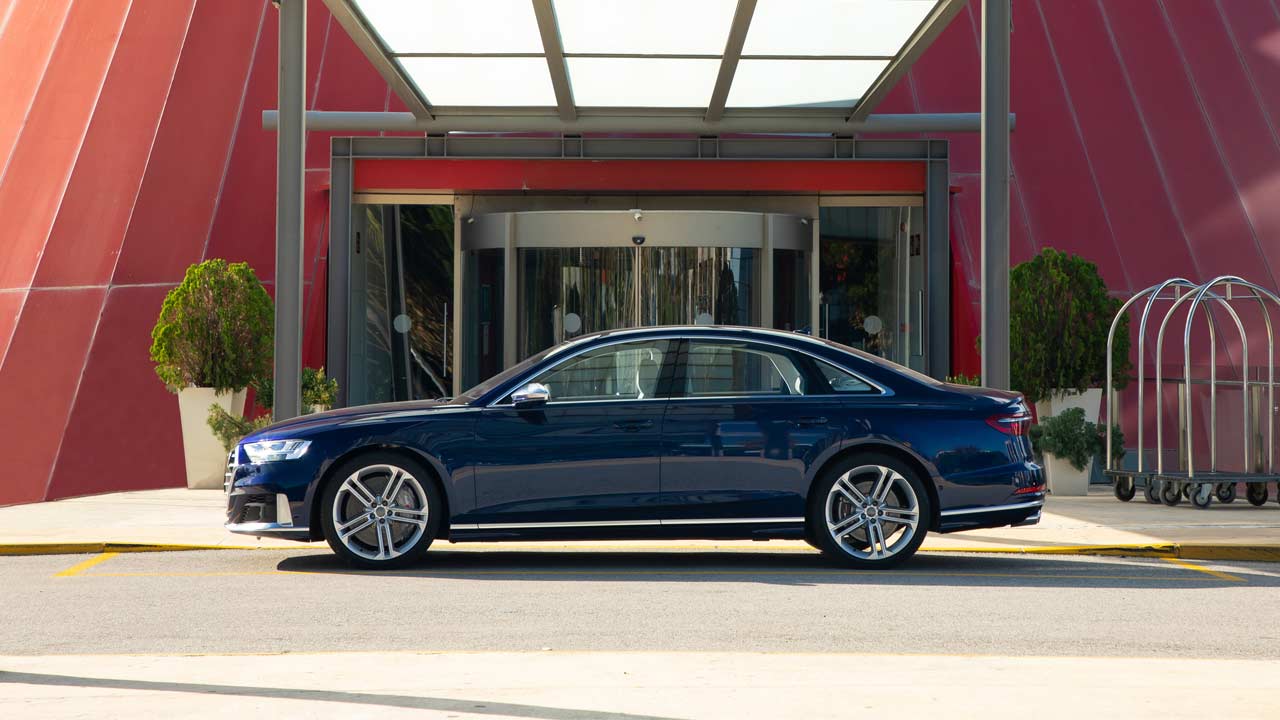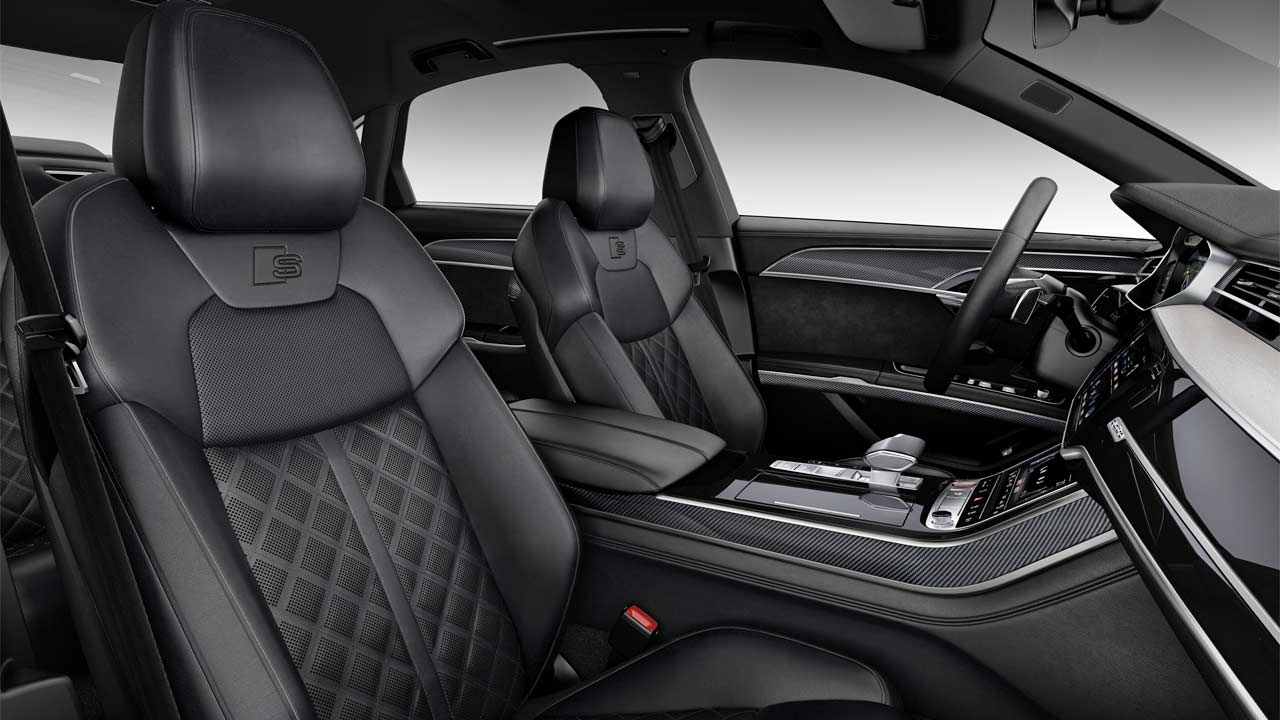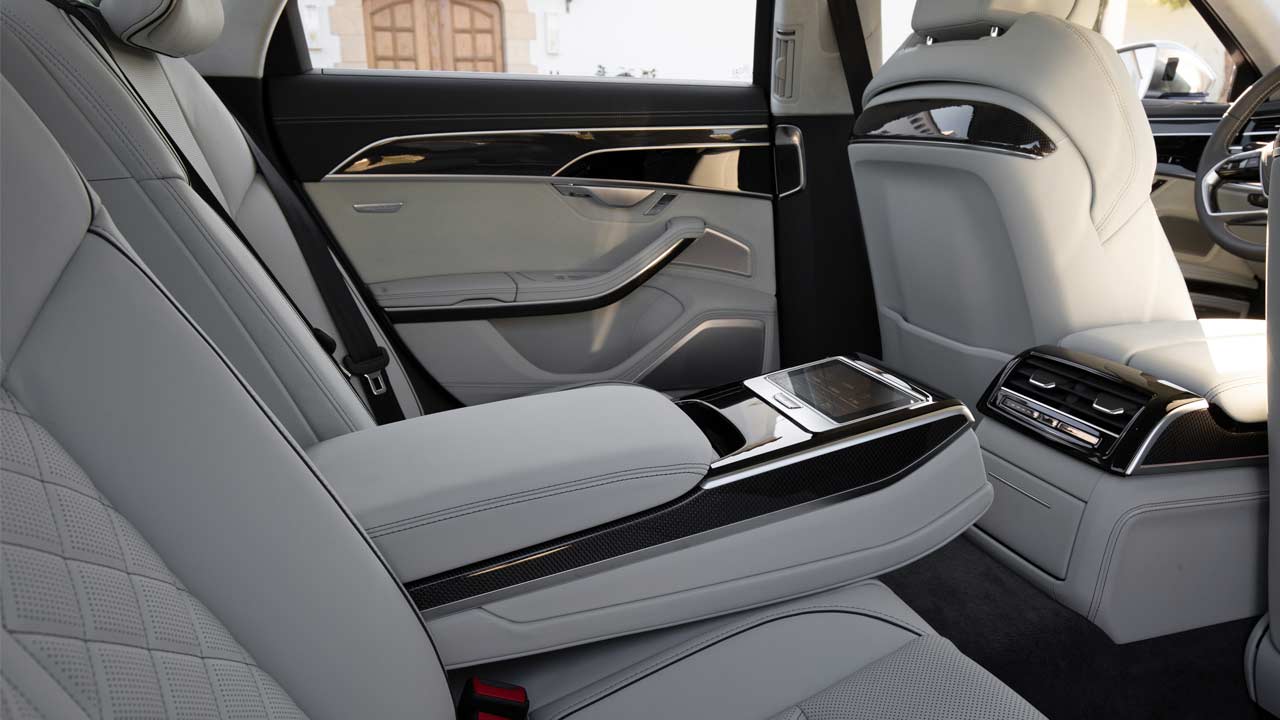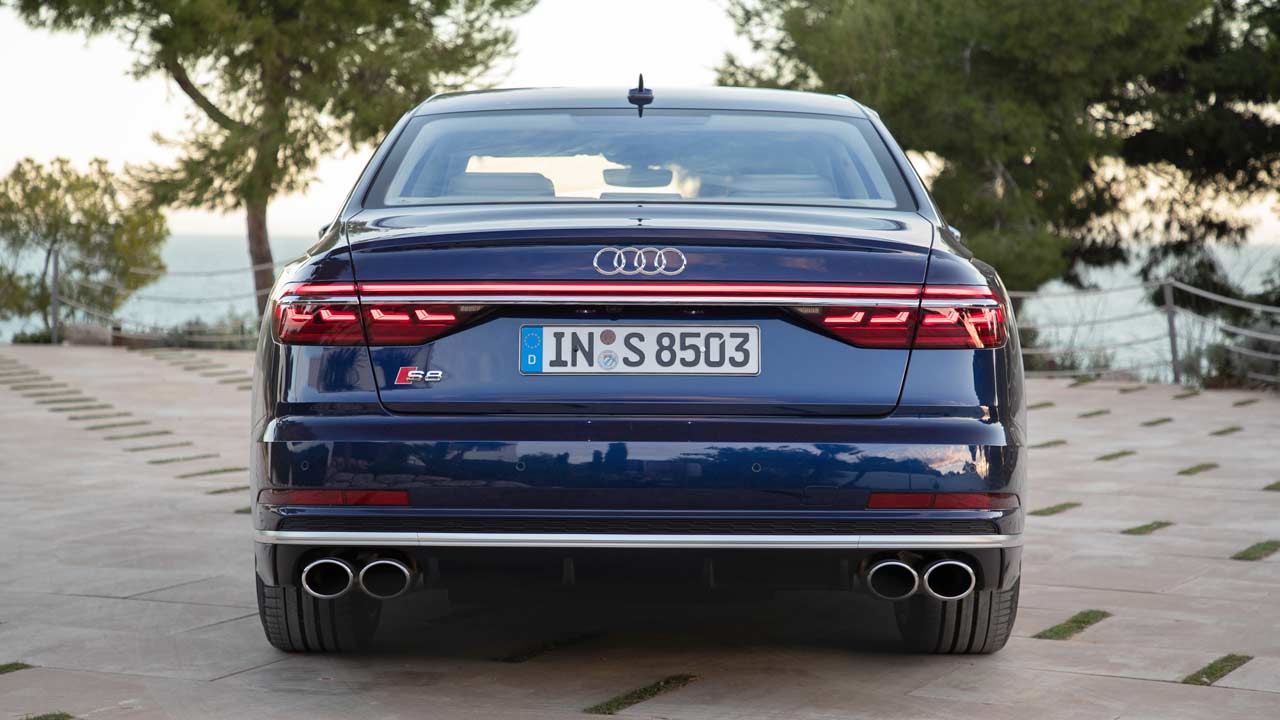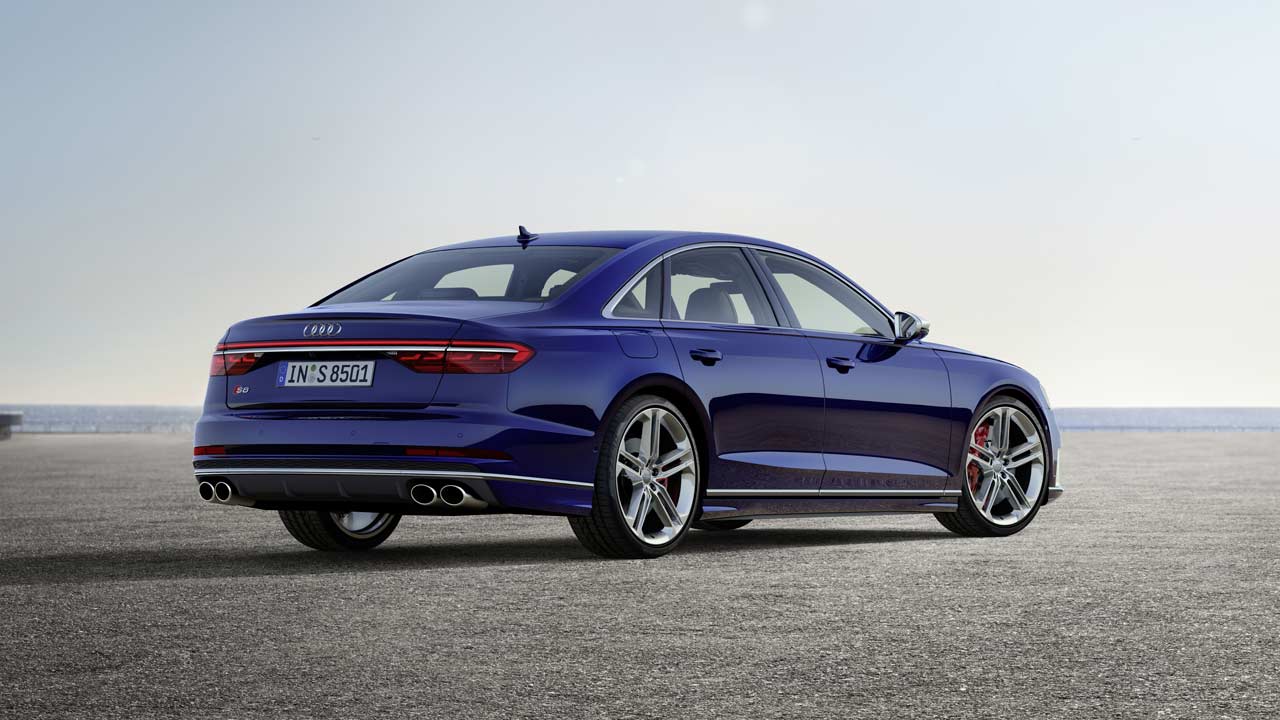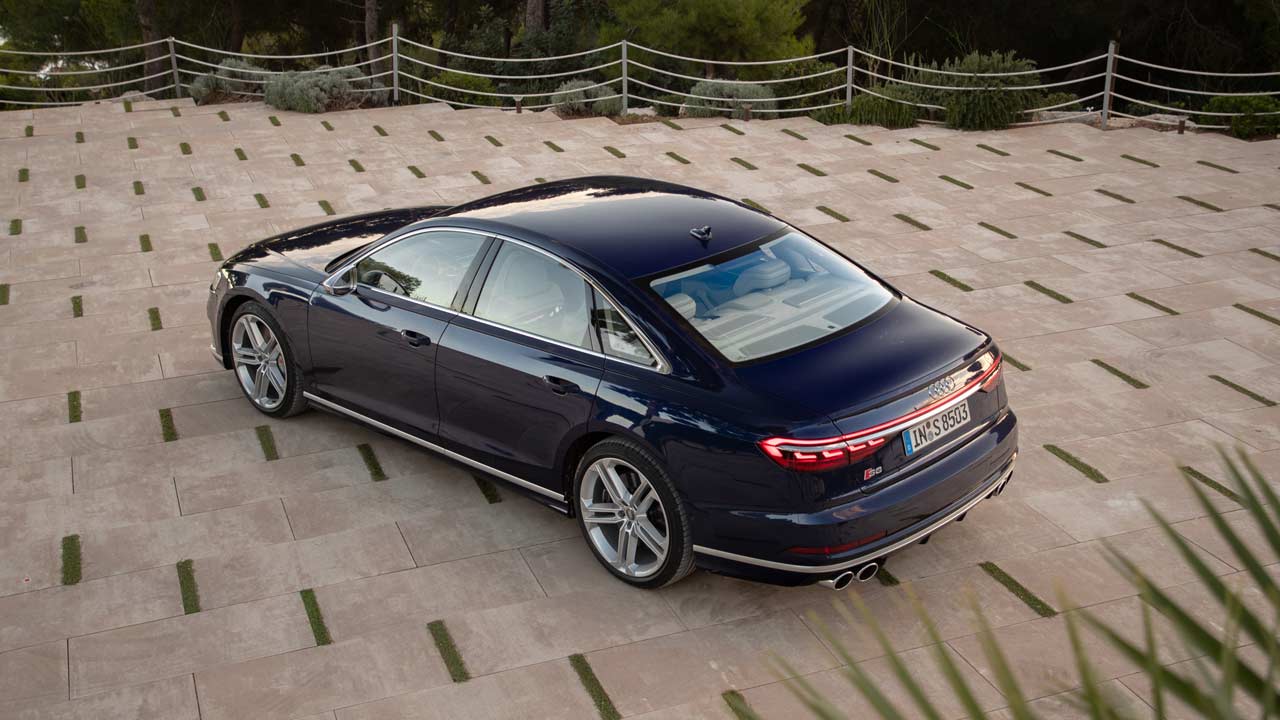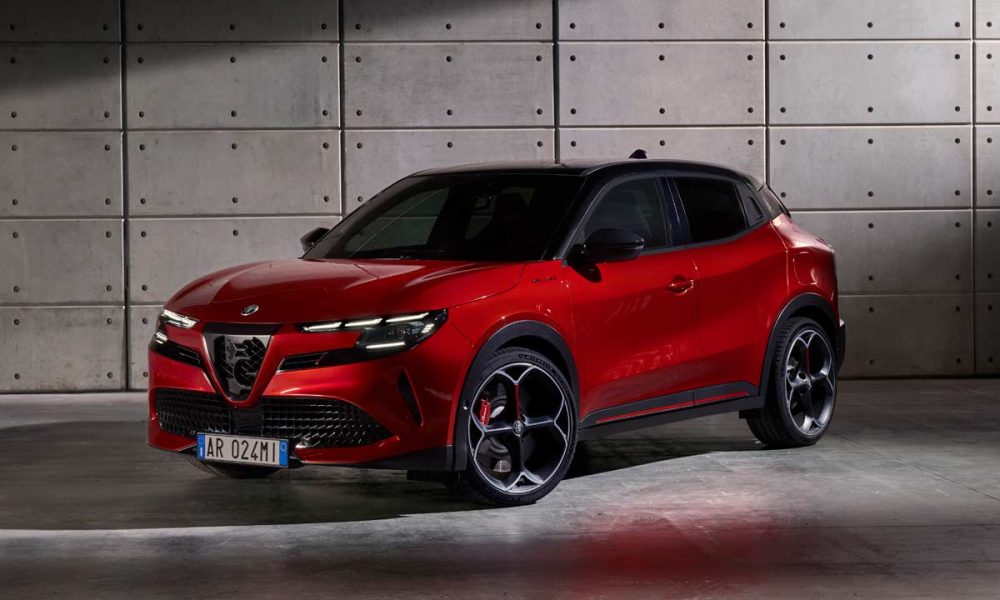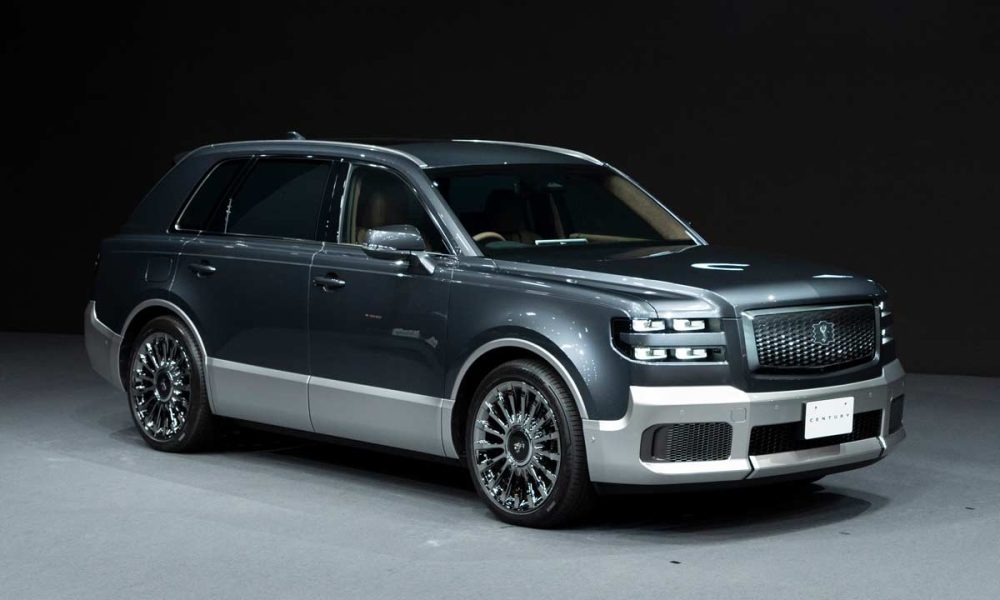After the A8 L 60 TFSI e quattro (plug-in hybrid), the options for the Audi A8 now include the more powerful S8 so that you can reach that Board meeting a bit more faster. The prices in Germany start at €140,000.
The design upgrades are rather subtle with S8 badges and brushed matt aluminum inserts. Up to 21-inch wheels are available to the buyers. The black styling package replaces the chrome elements in high-gloss black, including the tailpipe trims. Exclusively for China, USA, Canada and South Korean markets, the S8 will be available for the first time with an extended wheelbase.
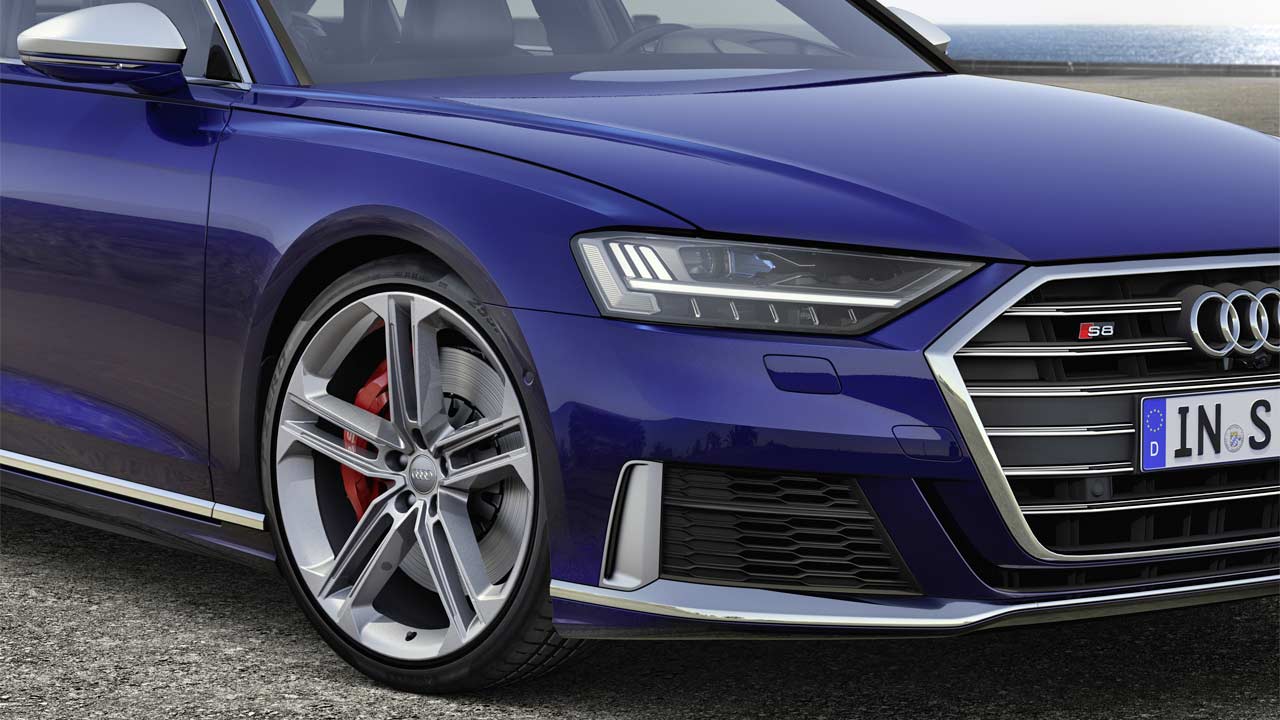
Lighting options include HD matrix LED headlights with laser light and OLED rear lights. Buyers can also choose carbon fibre ceramic brakes measuring 420 mm at the front and 370 mm at the rear axle. These brakes are 9.6 kg (21.2 lbs) lighter than the standard cast-iron discs, Audi said. Each of the front calipers has 10 pistons.
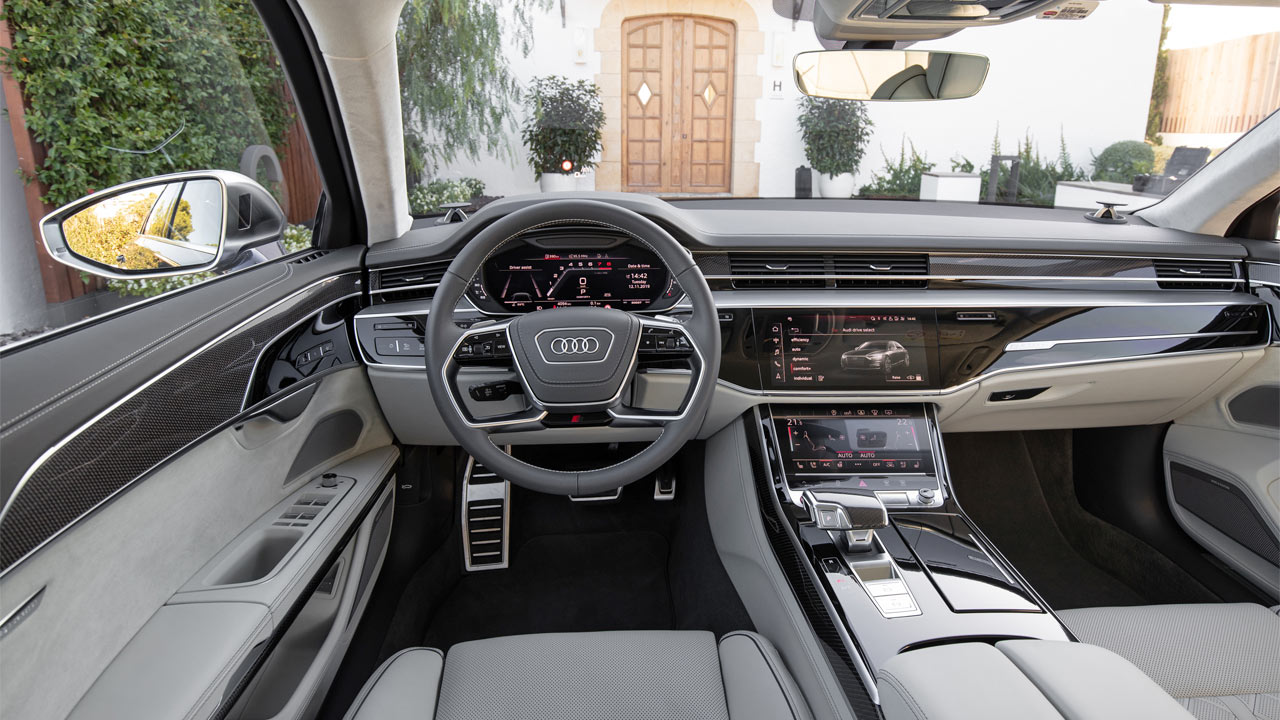
The visual upgrades on the interior too are subtle. The standard seats feature a wide range of power adjustments, pneumatically adjustable side bolsters and separate three-stage heating for each seat. They are optionally available with ventilation and massage functions.
Predictive active suspension is included as standard. The S8 carries over all of the other features found in the A8 including numerous driver assistance systems. The Audi pre-sense 360° (City assist package) can detect an impending side impact and raise the body by as much as 80 mm (3.1 in), which brings the sill into a better position to absorb the impact energy.
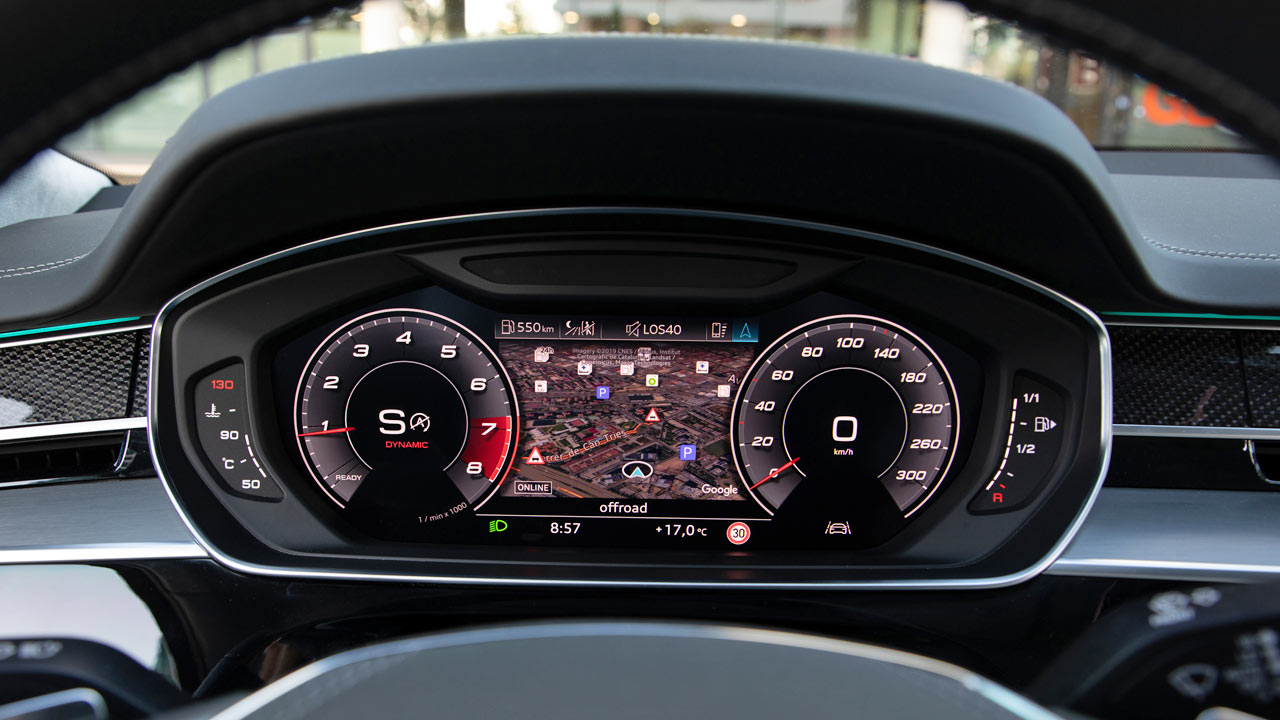
A 4.0-litre (3,996 cc) V8 biturbo powers the S8, producing an output of 420 kW (571 hp) at 6,000 rpm and 800 Nm (590 lb-ft) of torque between 2,000-4,500 rpm. An 8-speed tiptronic automatic transmission sends power to all four wheels via quattro AWD system with self-locking centre differential.
A 0-100 km/h acceleration is claimed to happen in 3.8 seconds while the top speed is limited to 250 km/h (155 mph). And yes, the S8 too is a mild-hybrid car with a 48-volt belt alternator starter and a lithium-ion battery pack. Audi claims fuel savings of up to 0.8 liters per 100 km in everyday driving. There’s cylinder on-demand technology too, which deactivates individual cylinders in low-load operating situations.

Leave a Reply
Note: Comments that are unrelated to the post above get automatically filtered into the trash bin.
